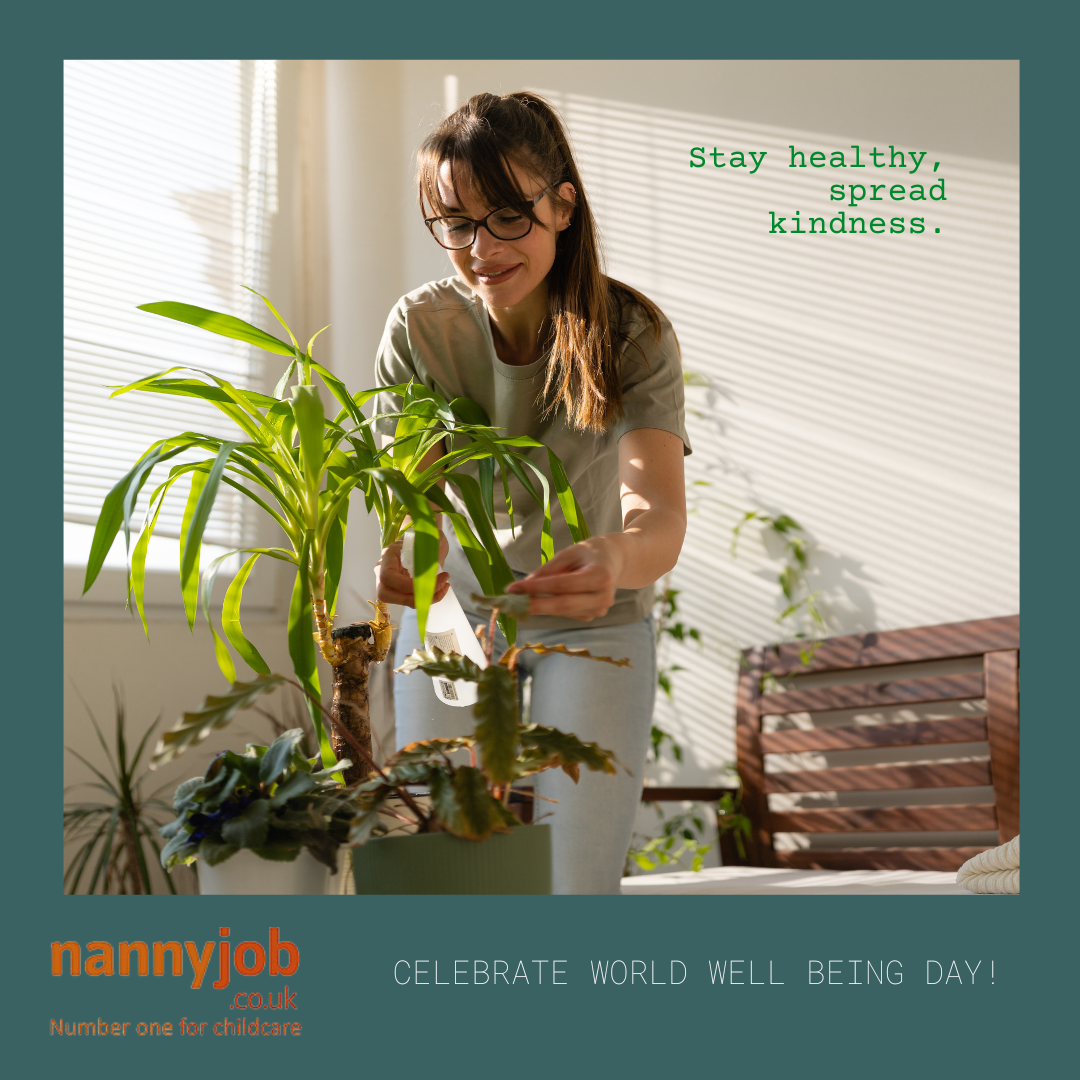Introduction
World Well-being Week is a global initiative dedicated to promoting overall well-being, encompassing physical, mental, and emotional health. This week is an excellent opportunity for nannies, childcarers, and parents to focus on the well-being of the children they care for, as well as their own. Nurturing well-being from a young age sets the foundation for a healthy, balanced life.
The Importance of Well-being
Well-being is not just the absence of illness; it is a holistic approach to health that includes emotional, physical, and mental balance. For children, this means feeling safe, loved, and supported while developing healthy habits. For caregivers, it involves managing stress, finding joy in their work, and maintaining their own health.
Promoting Well-being in Children
- Routine and Stability: Children thrive on routine. Establishing consistent daily schedules helps them feel secure and reduces anxiety.
- Healthy Eating and Exercise: Encourage nutritious meals and regular physical activity. Engage children in fun exercises like dancing, playing sports, or going for nature walks.
- Emotional Support: Create an environment where children feel comfortable expressing their feelings. Use storybooks and role-playing to discuss emotions and coping strategies.
- Mindfulness and Relaxation: Introduce simple mindfulness exercises or yoga sessions to help children manage stress and improve concentration.
Supporting Caregivers’ Well-being
- Self-care Practices: Nannies and childcarers should prioritise their own health by taking breaks, eating well, and getting enough sleep.
- Professional Development: Engaging in training and networking with other caregivers can provide emotional support and professional growth.
- Open Communication: Maintain open lines of communication with parents to ensure a cohesive approach to the child’s well-being and to share any concerns or observations.
Conclusion
World Well-being Week is a reminder of the importance of health and happiness for both children and those who care for them. By focusing on holistic well-being, we can create a nurturing environment that benefits everyone involved.

